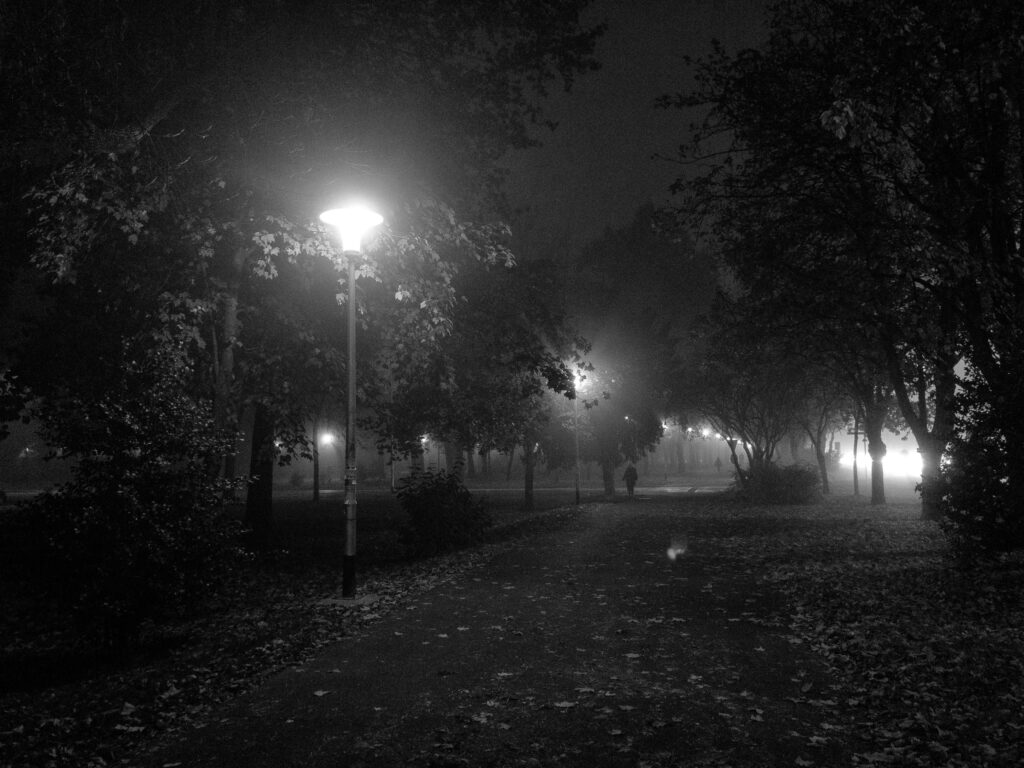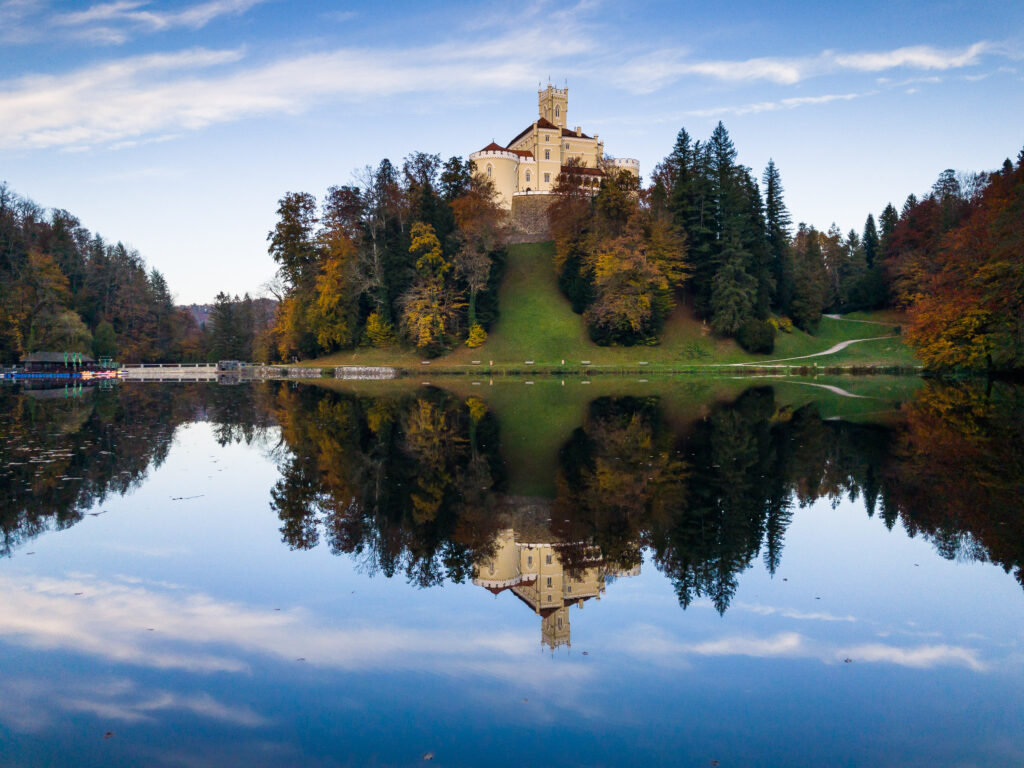I think the perception of good as order and evil as chaos is naive and wrong. The evil doesn’t want chaos, it’s wants order without God. A godless God-substitute, such as Nation, Leader, Prophet, Scripture, Law, Religion etc. is fine.
What does the Good, as a principle, want, then? It also wants order, but without God. A godless God-substitute, such as Nation, Leader, Prophet, Scripture, Law, Religion etc. is fine. See where I’m getting? Both are static principles that differ only in the sense of what kind of a static, rigidly controlled, totalitarian nightmare they want to produce, and they are both highly sceptical of chaos because it is by definition made of independent actors, particles that interact freely and each with their own vector that can’t be centrally controlled, and each can decide for or against God, and even if they decide for God, the chaos will remain as some form of divine dance without rules.
Tyrants love order. Satan loves order. However, realistically speaking, you can’t just have chaos without order, because that ends badly, and quickly. So, how is order maintained in the real world, the one God created, and Satan rebelled against?
There are few, if any rules. There are no laws. There are principles, and those principles are embodied by beings, to a lesser or greater extent. Those beings that embody the principles that are of God have the greatest power. There seem to be ranks and titles, and one of those ranks that seems to be the foundational one, since all the higher ones also contain its properties, is the rank of a Judge of Karma. This is something that might come as a shock to people who understand how kalapas function on a basic “thermodynamic” level, and one would expect any kind of extrinsic judgment to be completely superfluous, but in practice, that’s actually not the case, since evil beings have a tendency to encapsulate themselves in a “reality distortion field”, or a cocoon of madness and illusion, because the way a karmic aggregate starts to dissolve is by understanding that it is based on wrongness and sin, and so sinful souls constantly project a narrative which makes them seem “right”. So, what a Judge does is see through those illusions and break them, forcing the reality to break through and thermodynamic forces on the kalapa level to re-assert themselves, at which chaos overcomes the sinful order and the evil soul is destroyed.
Another thing the Judges do is free the good souls from the endless loops of self-blame and judgment over all kinds of secondary or insignificant things they were falsely made to believe are important on a spiritual level. In this case, the Judge also re-asserts reality, and light shines brightly within the soul that is being judged, and this light breaks its illusions and bondage, setting it free from false self-blame and a feeling of sinfulness where in fact no sin exists. So, a Judge of Karma brings death by allowing chaos to consume evil souls that are artificially kept together by a web of lies, and also brings freedom and life to good souls that have been ensnared by illusions and false beliefs that have no basis in reality.
There are no laws above a Judge of Karma, because you don’t get to become one unless you’re an embodiment of God, at least to a degree, because there are degrees. If a Judge commits sin by judging falsely, they lose their status and authority, and I’m not certain but I think they also die, because speaking falsely in God’s name is a sin, and sin kills. So, basically, if you see a Judge of Karma who speaks with authority, you should understand that this is a being that stands for God and was never wrong in their judgment. Their opinion is the Word of God. They reveal reality that frees the good and kills the evil, they can bind you to hell forever or they can release you from the darkness that falsely imprisoned you and restore your soul to its full rightful state.
Every God contains all the properties of a Judge, but of course not every Judge is a God. That’s why, for instance, in the holy scriptures Gods are shown to pass judgment that either binds or frees. The difference between a Judge and a God is that a Judge is the Judgment of God, and a God is also His person.
Those stories the sinners tell themselves to make themselves appear righteous, they are a form of order, so obviously not all order is for the good. Some forms of order need to be destroyed, and chaos needs to eat the evil ones, so that a higher order could establish itself, that which is of God. And, of course, here we come to the reason why Satan rebelled. He thought it was not just that only select individuals had all the power and authority of God – it should be equally distributed among all, since all are made of God. However, this is not so. Not all are equally made of God. Some are also made of lies and illusions, and their entire world is a “narrative”, as the Americans like to call lies that sinners create in order to justify evil. What makes a difference between an ordinary soul and a Judge of Karma is the fact that a Judge was a soul that completely surrendered to God and His reality, letting it make them from and into His light and in His truth. Where an ordinary soul tries to tell its truth and its story, a Judge was a soul that made itself into a way for God to tell His story and the actual Truth, and God saw that it is good, and acknowledged this reality with a seal of His authority. A Judge sees with the eyes of God and speaks the Word of God. What they state is fact. If this fact used to be confounded by lies and illusions, those vanish when Truth is established. If the present reality is judged as inadequate, new reality emerges to supersede it.
So, that’s how order is maintained in God’s world. Power is given to those who are true and deserving, and it is total and uncontested. Those who tried to contest it are Satan and all sorts of scum that infested Earth with their villainy. God’s judgment was already passed upon them, and time is given before it is realized.






